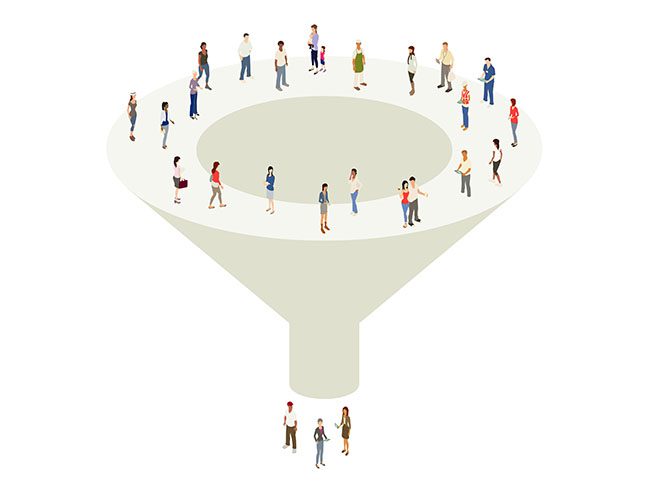COVID-19 has had a significant economic impact, the likes of which have not been witnessed for many generations.
The spread of COVID-19 has caused economies to slam on the brakes, causing enormous ripple effects through the global economy. While there has been significant responses to the pandemic by governments worldwide, there are still concerns that the rise in unemployment and the fall in business activity and consumption will cause longterm damage to the economy. These concerns have flowed through to the share market. In the three months since 31 December 2019, when the ASX All Ordinaries Index closed at 6,802 (still 6.66% below the all-time high reached on 20 February 2020), the share market has decreased 24.87% to close at 5,111 on 31 March 2020.
As businesses grapple with the effects of travel bans, isolation, consumer uncertainty and supply chain disruptions on their revenues and earnings, investors have been quick to hit the sell button and drive down the values of companies listed on the ASX and other exchanges around the world.
Many businesses may be required to raise further equity at these reduced values because their balance sheets will not be able to sustain a stop in business activity without additional capital.
Companies are frequently valued on multiples of EBITDA (earnings before interest, tax, depreciation and amortisation). Valuation multiples are inherently sensitive to the business cycle. Higher EBITDA multiples are typically achieved where the market expects stronger earnings growth. Conversely, multiples decline when revenue and earnings outlooks are lower, such as in the current period of economic downturn and contraction.
To determine the industry sectors that the equity market in Australia expects to be hardest hit by the economic consequences of COVID-19, we sourced EBITDA trading multiples of 530 companies listed on the ASX at 31 December 2019 and compared them to the EBITDA multiples for the same companies as at 31 March 2020. The balance of the companies listed on the ASX did not have positive EBITDA at 31 December 2019. The table below provides a summary of our findings.
| Sector | Number of companies | Avg TEV/EBITDA (x) at 31/12/19 | Avg TEV/EBITDA (x) at 31/03/20 | Change in avg TEV/EBITDA (x) | % Change in avg TEV/EBITDA (x) |
| Basic materials | 88 | 9.13 | 6.62 | (2.50) | (27%) |
| Cyclicals | 92 | 13.86 | 8.52 | (5.34) | (39%) |
| Energy | 28 | 8.67 | 4.13 | (4.54) | (52%) |
| Financials | 96 | 15.53 | 12.18 | (3.35) | (22%) |
| Healthcare | 36 | 20.99 | 17.30 | (3.69) | (18%) |
| Industrials | 77 | 11.82 | 8.34 | (3.47) | (29%) |
| Non-cyclicals | 46 | 14.27 | 11.80 | (2.46) | (17%) |
| Technology | 47 | 22.99 | 16.31 | (6.68) | (29%) |
| Telecommunications | 11 | 25.25 | 18.15 | (7.10) | (28%) |
| Utilities | 9 | 10.99 | 9.95 | (1.04) | (10%) |
The energy and cyclicals sectors have been hit the hardest, with average EBITDA multiples decreasing by 52% and 39% respectively between 31 December 2019 and 31 March 2020. The decrease in average EBITDA multiples in the energy sector coincides with the decrease in the price of crude oil, which decreased by 62% over the same period as a result of the price war between Saudi Arabia and Russia in response to the effects of the pandemic. In addition, lockdown induced reductions in road and air traffic has caused a decrease in the demand for sector outputs.
Not surprisingly, the utilities, non-cyclicals and healthcare sectors have been the least affected, despite average trading multiples decreasing by 10%, 17% and 18% respectively over the same period. These sectors are less sensitive to the business cycle, with businesses in the utilities and non-cyclicals sectors providing staples that people require to lead their daily routines and the healthcare sector being uplifted by pharmaceutical distributors as consumers stockpile medicines in the face of the pandemic.
















